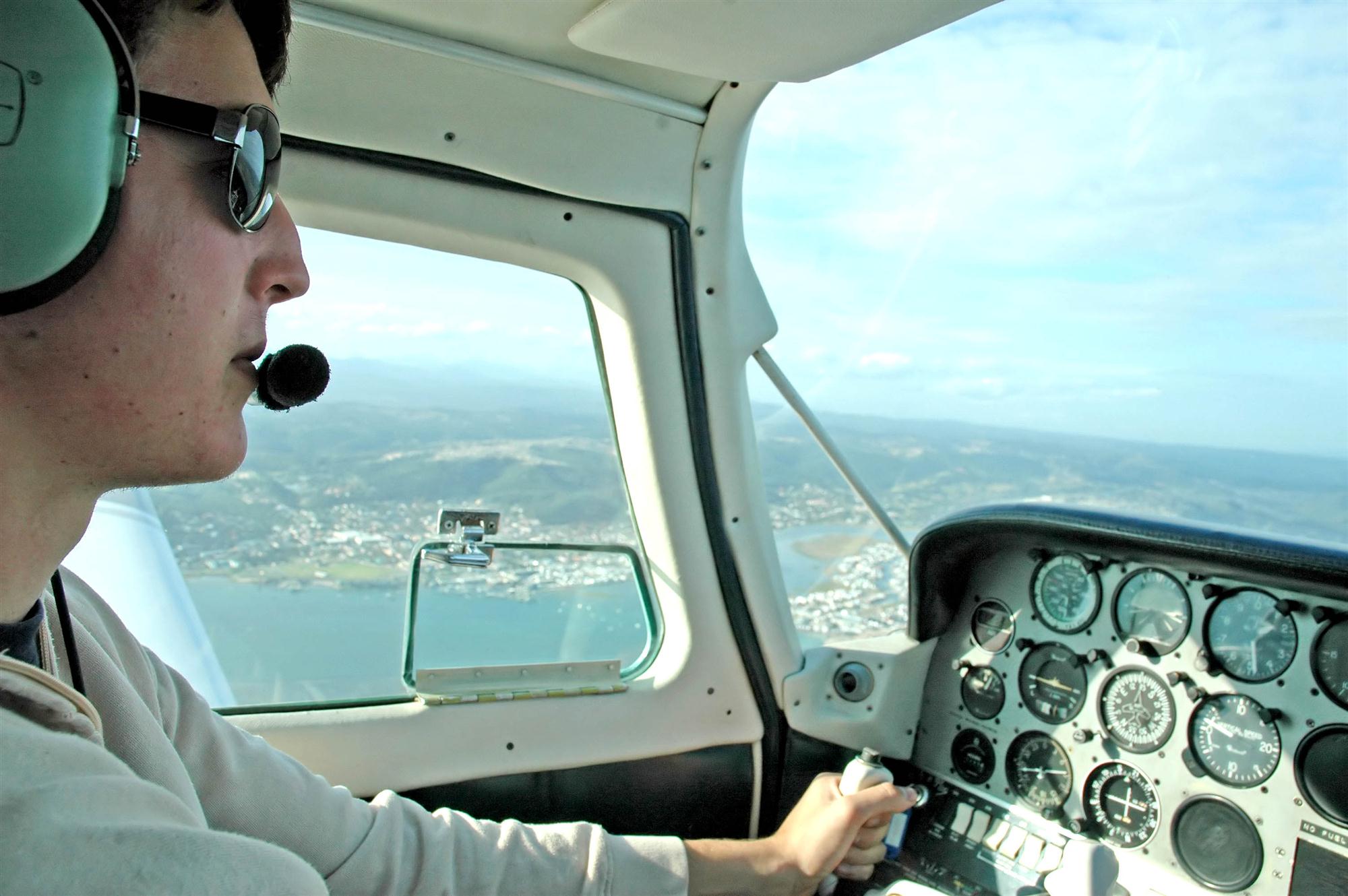For some time, the shortage of pilots has been a worry for smaller and mid-sized airlines, but now the problem is beginning to take a toll on long-haul passenger routes.
At the beginning of May, Emirates announced that it would ground at least six Airbus A380s and 14 Boeing 777s for two months. To some extent, this is a reaction to faltering demand in some markets (chiefly attributed to seasonal factors), but another major reason is a shortage of pilots. According to one source, the Middle Eastern carrier would need 100-150 more pilots to operate at full capacity.
Emirates CEO Tim Clark stated that the planes could be out of service until September, when the first batch of graduates from the Emirates pilot academy will be ready for action.
The airline has lost pilots to rivals, notably Chinese airlines offering more attractive employment packages.
The issue has been looming over the industry for some time. Over the past couple of years aviation industry executives and pundits have repeatedly warned of severe repercussions from the pilot shortage, with increasingly shriller notes. According to a study published by Boeing last year, more than 637,000 new pilots are needed over the next two decades.

The situation is going from bad to worse. Stan Bernstein, president of the Regional Air Cargo Carrier Association (RACCA), noted that airlines have tried to keep up their crew numbers by recruiting flight instructors to man their planes. The result of this is that the industry is now facing a dearth of flight instructors, which has forced a number of flight schools to scale back their programmes, he said.
“As this thing is gaining momentum there are unintended consequences. The airlines are shooting themselves in the foot. By looking for a short-term solution, they are aggravating the problem tomorrow,” he said.
The plight of Emirates highlights the situation for the industry in dramatic fashion. If a large carrier that offers above average employment packages to pilots is not impervious to the pilot shortage, smaller carriers with less financial muscle stand to be in a tough situation.
US carrier Great Lakes Airlines, an operator of regional scheduled and charter services, ceased its scheduled flight operations on March 26 and began to lay off staff and sell off its fleet of 36 aircraft. The company’s management blamed a lack of pilots for its woes, specifically a change in federal regulations a few years back that raised the minimum flight hours required for commercial airline pilots from previously 250 to 1,500 flight hours. Conceived to improve safety, the new threshold severely aggravated the shortage of pilots, as many flight school graduates, with somewhere between 250 and 400 hours under their belt, would often work for regional carriers to build up their credentials.
The going has been tough for regional freighter operators.
“We’re struggling terribly. We’re utilizing every tactic we know of – bonuses, higher pay levels, more attractive schedules – and it’s still next door to impossible to hire somebody,” said Bernstein.
Members of RACCA face a frustrating situation where demand calls for an expansion of their activities, but the lack of pilots is holding them back. Reserve crews have been thrown into regular operations, and in some cases, operators had no choice but to cancel flights.
Efforts in the US Congress to help young pilots build up credits for the required number of flight hours have not gone anywhere, but Bernstein is encouraged by recent initiatives from FedEx and UPS. The integrators have devised flow-through programmes for young pilots with regional carriers, under which pilots are hired by the integrators but spend two years with regional cargo airlines (which often fly on contract for them on feeder routes) before moving on to a position with their employer.
“We are part of the equation to help big airlines deal with their pilot shortage,” said Bernstein.
In the global picture, though, projections for growth of the worldwide aircraft fleet and for the rate of retirement of older pilots are painting a bleak picture, and a lack of flight instructors is the last thing that the aviation industry needs. For shippers and forwarders looking for more lift, this is also an ominous development.
By Ian Putzger
Air Freight Correspondent | Toronto



